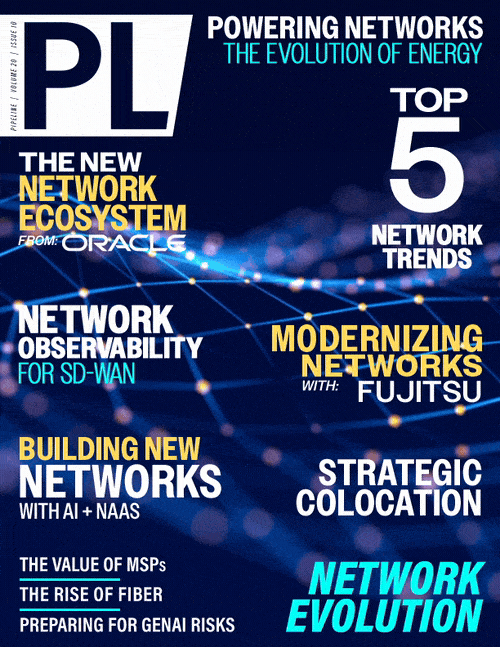The Evolution of Service Providers: Beyond
Hardware to Value-Added Solutions
Auto Dealerships benefit from MSPs by outsourcing the management of their IT infrastructure, including inventory systems and customer relationship management (CRM) tools. An auto dealership can use an MSP to ensure its IT systems are always up and running, reducing downtime and improving customer service. This allows the dealership to focus on sales and customer relations rather than IT issues.
Small and medium-sized businesses (SMBs) often lack the resources to maintain a full-fledged IT department. MSPs provide end-to-end IT services, including network management, cybersecurity, and cloud services. An SMB can rely on an MSP to handle all its IT needs, from setting up secure networks to managing cloud infrastructure, allowing the business to focus on growth and core operations without worrying about IT challenges.
The Shift to Strategic Partnership
The managed hosting industry is undergoing a significant transformation, evolving from basic commodity providers to strategic partners that deliver comprehensive, value-added services. This shift is driven by the need for MSPs to adapt to the rapidly changing technology landscape and the increasing demands of their clients. Modern MSPs, often referred to as MSP 2.0, are now focused on creating deeper, more meaningful partnerships with their clients, offering tailored solutions that go beyond traditional IT management.
One of the key drivers of this evolution is the integration of advanced technologies such as artificial intelligence (AI), machine learning (ML), and the Internet of Things (IoT). These technologies enable MSPs to automate routine tasks, enhance decision-making, and provide more personalized services. For instance, AI-powered chatbots can handle customer inquiries, freeing up human resources for more strategic work, while IoT devices require MSPs to manage and secure increasingly complex networks. This technological revolution is pushing MSPs to become more innovative and proactive in their service offerings.
Customization and vertical specialization are also crucial components of the MSP 2.0 model. Modern MSPs recognize that one-size-fits-all solutions are no longer sufficient. Instead, they are focusing on specific industries such as healthcare, finance, and manufacturing, providing specialized services that address industry-specific challenges and regulatory requirements. This approach not only helps MSPs differentiate themselves in a competitive market but also ensures that clients receive solutions that are tailored to their unique needs.
Cybersecurity has become a central focus for MSPs, driven by the escalating threat landscape. Modern MSPs are adopting zero-trust architectures and leveraging threat intelligence platforms to provide robust security measures. This proactive approach to cybersecurity not only protects clients' data and systems but also builds trust and confidence in the MSP-client relationship. By offering advanced security solutions, MSPs are positioning themselves as indispensable partners in safeguarding their clients' digital assets.
Finally, the MSP industry is seeing significant market expansion and consolidation through mergers and acquisitions. Smaller MSPs are joining forces to enhance their capabilities, expand their geographic reach, and diversify their service offerings. This trend is creating a more dynamic and competitive landscape, where agility and adaptability are key to success. As MSPs continue to evolve, they are not just keeping pace with technological advancements, but are also anticipating future challenges and opportunities, ensuring they remain relevant and valuable to their clients.
In conclusion, the shift from commodity providers to strategic partners is reshaping the managed hosting industry. By embracing advanced technologies, focusing on customization and vertical specialization, prioritizing cybersecurity, and navigating market consolidation, modern MSPs are positioning themselves as essential partners in their clients' success. This evolution reflects the growing importance of IT in driving business growth and the need for specialized expertise in an increasingly complex digital landscape.



















